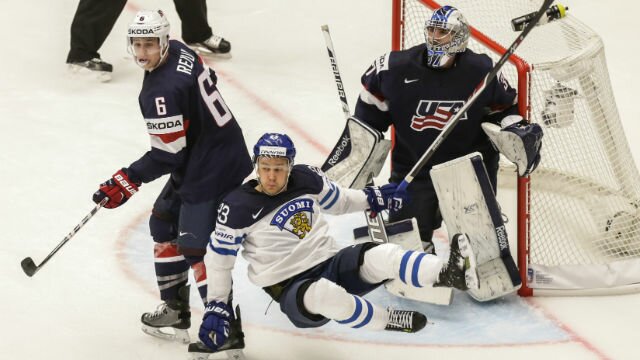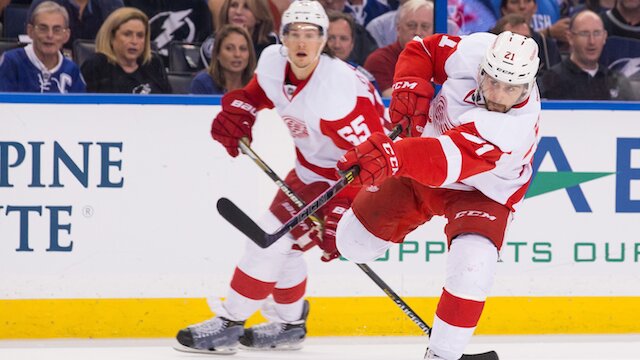
Ah, the Stanley Cup. It’s the stuff that dreams are made of, the culmination of a team’s hard work and dedication to the game of hockey. Among the various things placed in its bowl, it’s held beer, champagne, rice pudding, cinnamon toast crunch and orange juice.
If you see it in person, it leaves you speechless. Players don’t touch it for fear they jinx their chances of winning it someday. If you’re lucky enough to have your name engraved on the Cup, you become a part of history. Wherever it goes, your name goes as well.
There have been two times that there was no Stanley Cup winner. Way back in 1919, the Spanish flu shut down everything, including hockey, then there was the 2004-05 lockout. The current lockout threatens to put “Season Not Played” on the Cup a second time.
There are a few who think that there should be a Stanley Cup champion regardless of their affiliation. If there’s no NHL season, the Cup goes unclaimed by a worthy team. And to those people, there are plenty of worthy teams out there, so let them have their chance at it.
“But it’s not possible! It’s only for the NHL!” you screech. I hate to break it to you, but it is possible.
First, a little fact: the NHL doesn’t own the Stanley Cup, but only has control of it through two trustees. This was set in an agreement forged in 1947.
When Lord Stanley of Preston put the original Dominion Hockey Challenge Cup into play in 1893, his intention was for any amateur team in Canada to play for it. By the early 1900’s, that changed so that only professional teams could do so.
The NHL takeover changed the rules even further. When the season was canceled in 2005, a beer league team sued the trustees to allow them to play for the Cup. A settlement between the two sides was reached in 2006, and it was agreed that yes, any team could play for the Cup.
“If an NHL team can’t win it, then no one will!” No need for dramatics, Eve Harrington. But you’re right.
Back in the 1950’s, the old Cleveland Barons, then in the AHL, tried three times to join the NHL. When they were rejected, they tried to petition the league to at least play for the Stanley Cup. That request was denied.
The settlement from that 2005 case stated that the trustees were permitted but not obliged to allow just any team to challenge for the Stanley Cup. Simply put, you might think you’re good enough to play for it, but those two trustees have the final say on whether you actually get the chance.
And right now, if you’re not in the NHL, you won’t.
 Share
Share 











